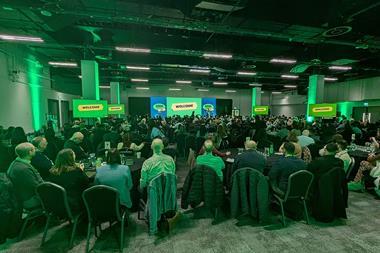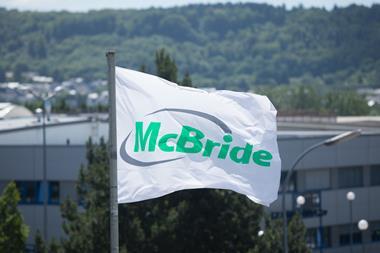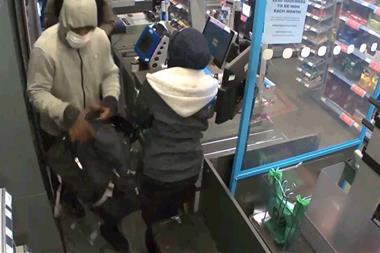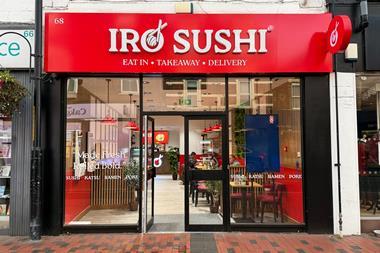The OFT's decision not to refer The Co-operative Group's £1.57bn acquisition of Somerfield to the Competition Commission rested on a knife edge, Co-op CEO Peter Marks has revealed.
Speaking at the society's half-yearly membership meeting in Manchester, Marks said the OFT was "very concerned" about local competition issues.
However, instead of sending the deal to the Competition Commission, the watchdog initiated the largest divestiture package in UK merger control history by striking an agreement for the Co-op to sell 133 stores.
"If we hadn't reached an agreement over undertakings then it almost certainly would have gone to the Competition Commission," said an OFT spokeswoman.
Despite the worsening economic climate, the deal was "absolutely the correct move at this time", Marks said. "This was a really big decision, the biggest our board has ever made," he added. "The directors looked at this with absolute rigour and were very challenging to me and my team. But, because of that rigour, we were all as one when we decided this was the right thing to do."
He praised Co-op chief financial officer Martyn Wates for securing funding in a tough climate: "The fact Martin has managed to raise the funds in this marketplace is a magnificent effort, but is also testament to what the banks feel about the quality of this deal and gives me confidence this is right for us," he said, adding that he expected the acquisition to be completed by late February.
Meanwhile, further details have emerged of some of the locations of the 133 stores that must be sold. The Tenby area in Pembrokeshire has been confirmed as one of the affected locations, with a Co-op store in Kilgetty and a Somerfield store in Tenby under review. Stores in Louth, Lincolnshire, are also understood to be affected, while in December the Co-op is closing a Balfour News store in Harpenden, Hertfordshire that is next door to a Somerfield store.
Speaking at the society's half-yearly membership meeting in Manchester, Marks said the OFT was "very concerned" about local competition issues.
However, instead of sending the deal to the Competition Commission, the watchdog initiated the largest divestiture package in UK merger control history by striking an agreement for the Co-op to sell 133 stores.
"If we hadn't reached an agreement over undertakings then it almost certainly would have gone to the Competition Commission," said an OFT spokeswoman.
Despite the worsening economic climate, the deal was "absolutely the correct move at this time", Marks said. "This was a really big decision, the biggest our board has ever made," he added. "The directors looked at this with absolute rigour and were very challenging to me and my team. But, because of that rigour, we were all as one when we decided this was the right thing to do."
He praised Co-op chief financial officer Martyn Wates for securing funding in a tough climate: "The fact Martin has managed to raise the funds in this marketplace is a magnificent effort, but is also testament to what the banks feel about the quality of this deal and gives me confidence this is right for us," he said, adding that he expected the acquisition to be completed by late February.
Meanwhile, further details have emerged of some of the locations of the 133 stores that must be sold. The Tenby area in Pembrokeshire has been confirmed as one of the affected locations, with a Co-op store in Kilgetty and a Somerfield store in Tenby under review. Stores in Louth, Lincolnshire, are also understood to be affected, while in December the Co-op is closing a Balfour News store in Harpenden, Hertfordshire that is next door to a Somerfield store.


















No comments yet